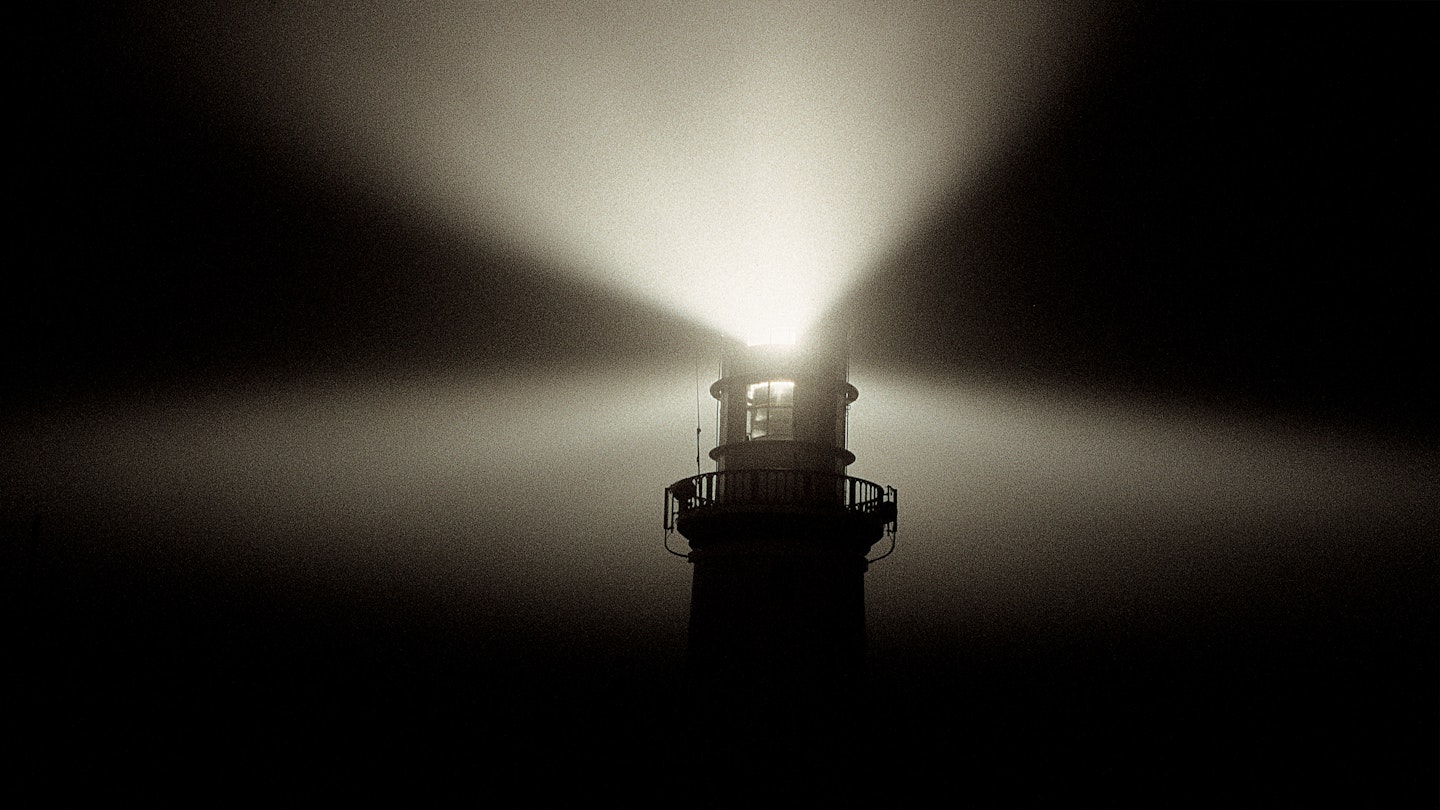Before I had children, parents told me, like weary travellers from another planet, ‘Everything changes when you have a baby; the world changes, your perspective changes, you’ll change.’
It’s true that parenthood is a seismic shift. It’s massive and ground-breaking and terrifying and miraculous. After a PCOS diagnosis in my twenties, and a miscarriage between the births of my daughters, I know how very lucky I am to have two children. I also know I might have a hundred and my heart would never stop loving. It’s endless, like space.
But what of change? Yes, life becomes something else – physically, emotionally, mentally. My body wasn’t mine anymore, nor were my days or nights or any of those foggy in-between hours that seemed to belong to neither; my house was a bombsite; my laundry pile sufficiently tall to glance disapprovingly down on me; I was no longer the centre of my life and my career had stalled; all I ate was toast. I muddled half-blind, half unconscious, through countless, dateless, sleepless weeks for these little perfect precious people who broke and mended me.
Through it all, I never stopped thinking about writing. The promise of invented worlds – their scope and possibility – became an escape. I’d sink into those thoughts at three a.m. while bent like a question mark over my baby’s cot, trying to remember the words to ‘Close to You.’
When my eldest was four months old, my mum came to stay. While she was with us, I decided to bite the bullet and sit at my desk for the first time. It was just to see what happened, really. In between interminable episodes of In the Night Garden and persuading tiny toes into tiny socks, I worried I had lost it. I wasn’t sure what ‘it’ was, exactly – the creative, intellectual part of my brain, maybe, which feels muted if not eternally compromised during those early stages.
I opened a blank document and started typing. It was like meeting an old friend. Words arrived on the page, I don’t even know what, but there was a huge sense of relief at realising, oh god, I’m still here, I’m still me, nothing’s gone away: a reassuring and magical dawning that being a mother, the most precious part of my life, was something I could do on top of my passion, not instead of. The truth is, we adapt to new circumstances, but fundamentally we stay the same.
Over the next year, I wrote a novel under a pseudonym. As any working parent will attest, it can feel like an impossible balance (is there even a balance? I’m still working it out), but for me it became a sanctuary. I don’t think for a second that parents who don’t work have it easier – if anything, it’s harder, because there isn’t that bolthole. When I’m alone in my office, it’s like my energy bar’s filling back up. I can return to the scene of another squabble or a heap of pants inexplicably on the floor and meet it with humour instead of exasperation. (Most of the time.)
I went through a phase after my youngest was born of keeping a giant bag of Smarties by the bed. While feeding her in the dead of night, I’d suck the shells off each one and let the chocolate melt to nothing. I would think about a story that had been in my mind for years, about three men vanishing off a remote lighthouse. It was this idea – and the Smarties – that stopped me falling asleep when I needed to be awake, a private island I could visit, images of the vast, majestic sea, a promise of things to come. At a time when I had another person clinging to my body for what felt like twenty-four hours a day, I would fantasise about being alone on that lighthouse. Isolation. Silence. Stillness. In what felt like a reckless move, I booked a three-night stay at converted lighthouse keepers’ cottages in Devon to begin researching the book. I took this break when my youngest was seven months, and of course it was accompanied by inevitable feelings of guilt and shame and every unfair accusation working parents throw at themselves. She ended up having a lovely time with my husband and her sister, and I finally got to start the novel that had been in my heart and soul for ages, and that ended up becoming The Lamplighters.
It isn’t necessarily about resuming or starting a career: individual parents do what’s best for them and their family, and each situation is different. I do believe, though, that protecting an interest that is yours alone – that has nothing whatsoever to do with your children, whether it’s jogging or painting or an evening course in a subject that fascinates you – can have huge benefits. Time is hard to come by, yes. It’s a constant struggle to balance and be fair, not only to others but also to ourselves. I find the hardest bit the brain split: building imaginary worlds from scratch, then ten minutes later scrabbling around on my hands and knees searching for lost Lego characters, then being asked a hundred and fourteen times a day to prise their heads out of their hairstyles. Being an author and a mother is a funny straddling of absolute make-believe and absolute reality.
I’m one of those weary travellers now, and I’d say change is inevitable and change is good. But my journey taught me, and is still teaching me, to stay in touch with who you are, the thing that makes you you. Because I believe in the long run your children will thank you for it.
